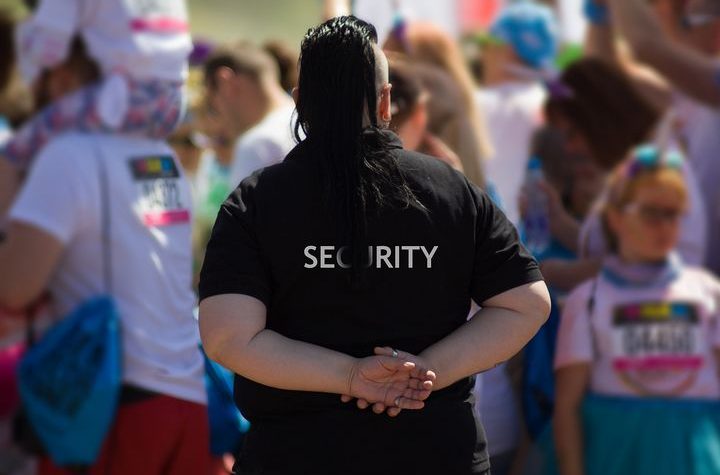When you are putting on an event, there are many things to consider. It’s important that vendors and volunteers are organized so when guests arrive they are safe and ready to enjoy themselves. You want your event to be a success so you need to have a safety and security plan in place.
Your safety plan should be well documented so all staff and visitors know the hazards and are cared for before, during, and after the event. There are a lot of health and safety considerations to take into account and a plan will help minimize any illness or injury.
Here is a list of crucial safety requirements for events to make it a success:
Requirement #1: Know Your Venue
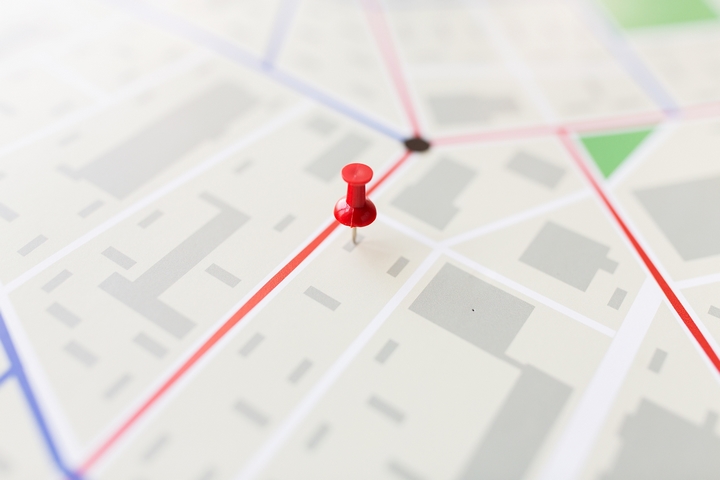
Make sure the spot you pick can handle the event size you are putting on. You need to take into account the layout and traffic flow in order to keep people moving as well as leave clear access to emergency responders when necessary. Establishing secure boundaries will keep visitors coming and going through specific checkpoints and allow you to monitor potential threats easier.
Make sure you have a detailed layout and map for organizers and security to have on hand. Besides the venue itself, there is parking and vehicle traffic to consider. Also, make sure there are adequate emergency exits as well as lit walkways and clear access around the space.
Requirement #2: Assess Risk

With any event you put on, you should be prepared for potential threats to the public and staff. Their safety is paramount and knowing what could happen in an emergency situation will protect them.
While you can’t do a background check on every attendee you can evaluate any potential problems before they arrive. Controversial speakers need to be safeguarded with security and barriers so protestors can’t get to them. Merchants should also have safety enhancements at their stalls and kiosks so they can protect their wares.
Plan for worst-case scenarios and provide solutions to staff. If disturbances or protests escalate you need to have security ready to handle them. When you understand the potential threats to your event, you can put an action plan in place.
Requirement #3: Communication

It is important that your entire staff and vendors understand how the event is organized and what safety measures are in place. When everyone is informed, things will go smoother. These people may be called upon by visitors for information if there is an emergency and they need to know all the procedures you have in place. Use walkie-talkies to communicate and coordinate during the event and have cell numbers for all key staff. The will be essential for security staff if there is a disruption as well as any medical emergencies.
Requirement #4: Crowd Control
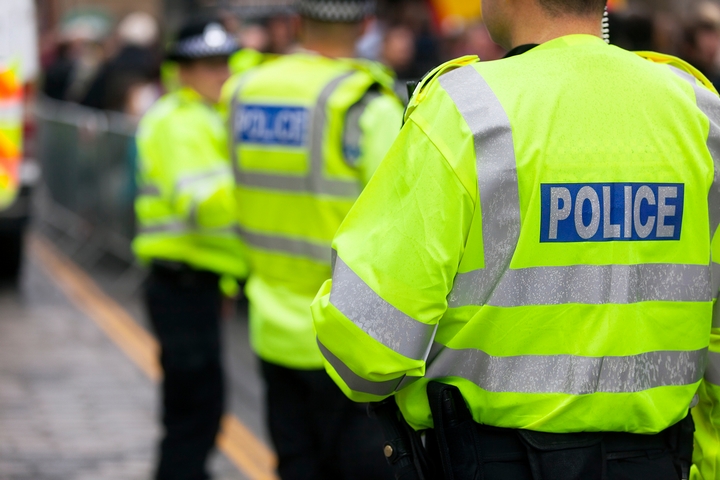
If you are having a major event where large crowds will be attending you need to be able to control both movement and security. A trained security team will be able to keep people moving and keep people safe. Be prepared for attendance that exceeds your venue and plan for how to control access. You may need to monitor entrances and exits to ensure no one is cutting in or blocking access.
Consider implementing a weapon detection sensor at all entry points so there is no direct threat to the safety of your people and guests. There is advanced concealed weapons detection technology that you can implement at your event to provide security and add as a deterrent for those that wish to disrupt or cause harm. This will aid in allowing security staff to deal with any threats.
Requirement #5: Emergency Plan
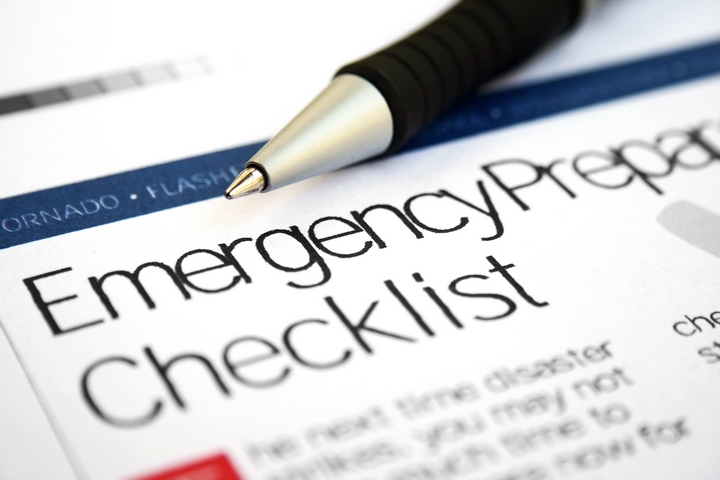
Have a detailed plan in the event of an emergency. Problems can happen fast and in today’s volatile climate you should be prepared for any threat that could disrupt your event.
Whether it is a mechanical or structural failure, bad weather conditions, fires, or even escalating violence, you must be ready to enact your emergency plan quickly and effectively. If you have to cancel performers or shut down attractions this could turn the crowd into a mob at a moment’s notice, especially if your event serves alcohol. Be ready with a contingency plan for every emergency situation so you can protect all people in attendance and keep the venue safe.
Requirement #6: Food Safety
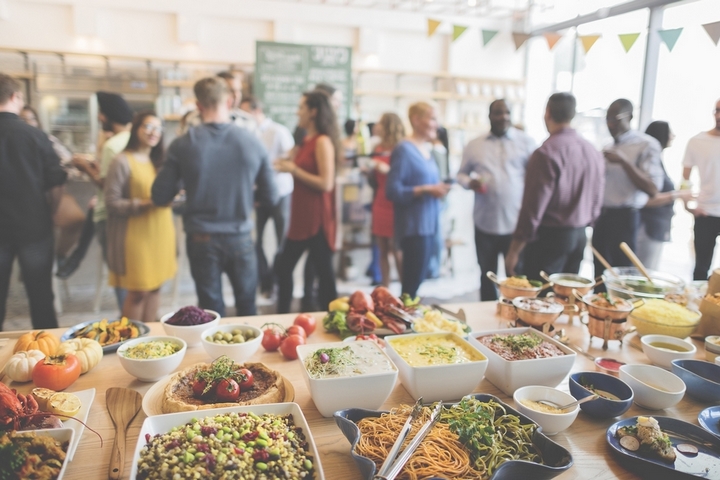
Most events have several food service stations for attendees to enjoy. This is an area that must be protected from potential theft or contamination. The venue needs to be able to handle food storage and prep and ensure all food safety regulations are followed. You don’t want anyone getting sick at the event.
The safety of the food service staff is important as well. They need a hygienic workspace to prepare food and a plan to keep garbage moving out so have enough custodial workers to keep the eating areas clean as well as the rest of the venue. Have adequate sterilizing and hand wash stations for people, especially around washrooms and food areas. This will safeguard your attendees from any possible contamination.
Running an event, big or small takes planning. Make sure your management team understands your safety protocols and can implement them effectively throughout the entire event. Use these requirements to have a successful event that everyone will enjoy.

